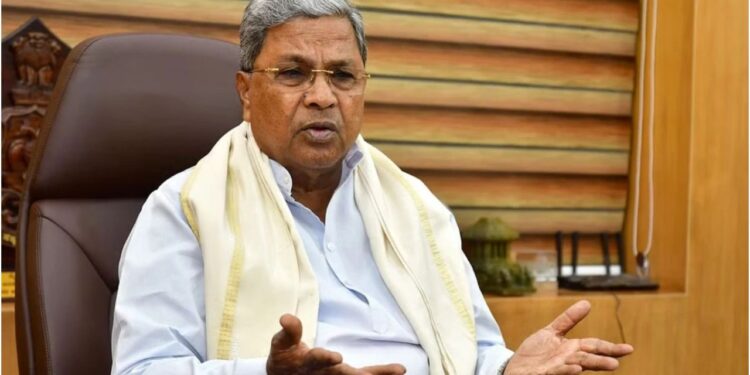The Karnataka government further argued before the Karnataka High Court that the Governor’s decision to sanction the prosecution of Chief Minister Siddaramaiah in the MUDA scam was unconstitutional and outside the Governor’s purview. Senior Advocate Kapil Sibal, representing the State, stated that the Governor could not approve the prosecution of a sitting Chief Minister under the law. He pointed out that such a move would set a dangerous precedent and could lead to political misuse, causing chaos in the governance of the State.
The case pertains to allegations involving the Mysore Urban Development Authority (MUDA) granting inflated compensation for 14 parcels of land to Parvathi, Siddaramaiah’s wife, in exchange for a development agreement involving 3 acres of land previously owned by her brother. These allegations have sparked controversy, as they involve land transactions linked to Siddaramaiah’s family, leading to accusations of corruption and misuse of power.
Devaraju, the original landowner of the disputed property, has now become entangled in the case. He has raised concerns about being dragged into a political struggle despite his minimal involvement in the land transactions. Represented by Senior Advocate Dushyant Dave, Devaraju expressed frustration that his name was being linked to fraud accusations, especially at the age of 80. Dave argued that Devaraju should not be held accountable for the land sale that occurred years ago, pointing out that his client had no political motives or involvement in the dispute between Siddaramaiah and other parties.
Dave urged the Court to grant Devaraju protection from criminal proceedings, asserting that the CBI and criminal courts were incorrectly targeting him for selling his land. However, the Court declined to issue a stay on the proceedings, expressing reluctance to interfere with the single-judge’s upcoming hearing, which would address the issue of a potential CBI investigation into the MUDA scam.
In the ongoing legal battle, Senior Counsel Abhishek Manu Singhvi, representing CM Siddaramaiah, emphasized that the Governor had overstepped his constitutional role by granting sanction for prosecution. Singhvi highlighted that Section 17A of the Prevention of Corruption Act mandates that the trial must undergo a police investigation first, and a proper filter must be applied before any legal action is initiated against public servants. He also argued that the Governor could only act upon the advice of the Council of Ministers, and in this case, there was no clear evidence of illegality in that advice.
The Court, having heard the submissions, issued a notice regarding Siddaramaiah’s appeal against the single-judge order and set the next hearing for January 25, 2025. This case has now become a significant constitutional matter, raising questions about the limits of the Governor’s powers and the scope of legal accountability for public officials.

















